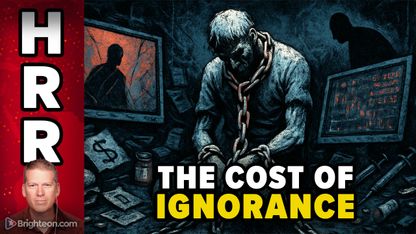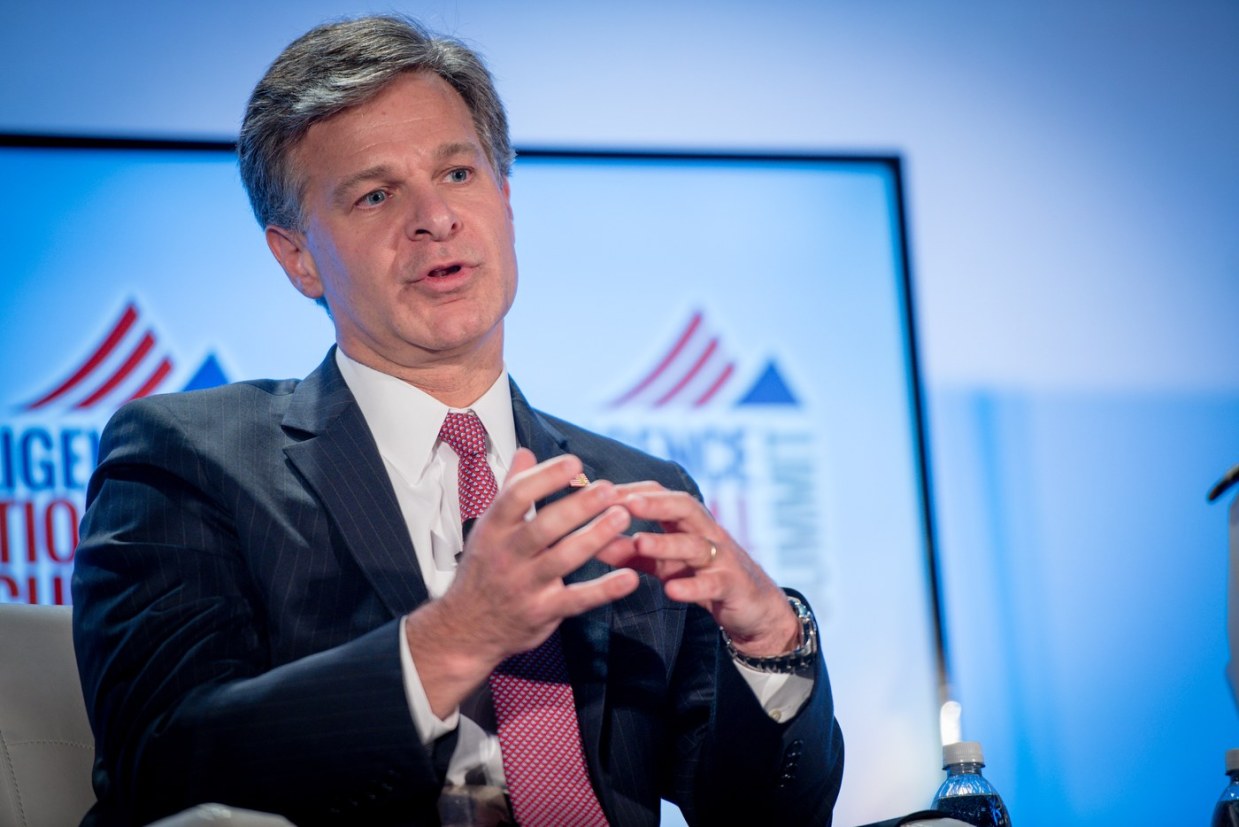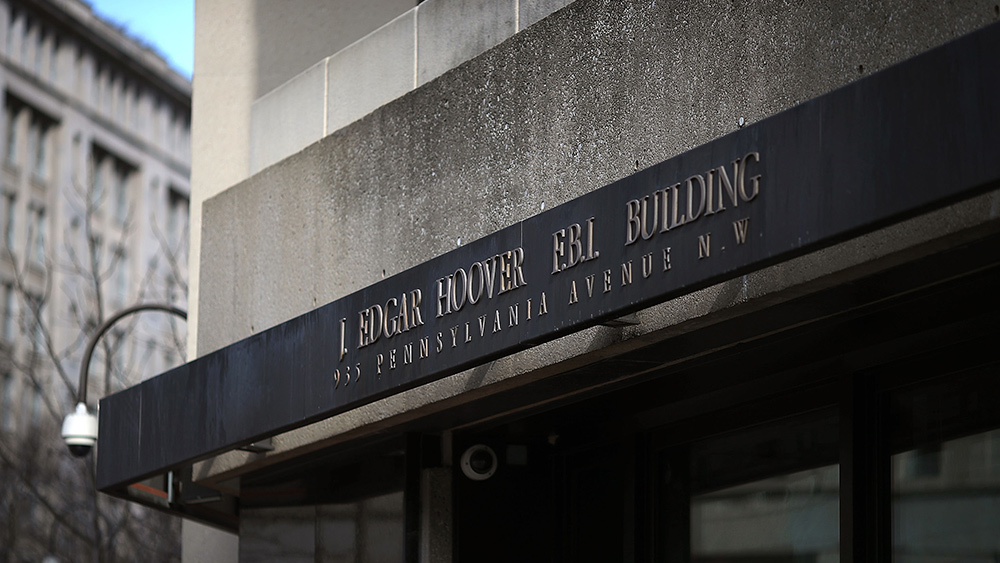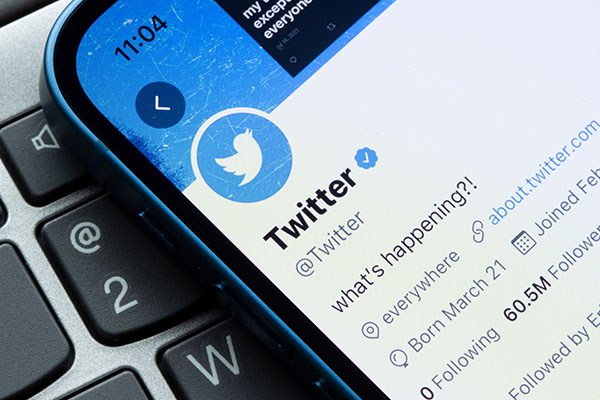
(Article republished from DanielGreenfield.org)
And no matter how politically correct Amazon may try to be, it can never join that club.
But Amazon’s business in China isn’t done. To a large degree, Amazon’s business is China. Behind the smiling logo, the massive array of businesses covering everything from running the CIA’s cloud to spending $500 million to make a Lord of the Rings streaming series, are a bunch of grim offices, apartments, and warehouses in Chinese cities that make up its real business.
Three years ago, third-party sellers topped Amazon's own sales. They now make up 58%. Who are they? If, like most Americans, you shop at the giant dot com retail monopoly, you’ve already waded through a stream of random shop names, fake misspelled reviews, and counterfeit products while searching for just about anything. What happened? China happened.
Between 40% to 48% of top third-party sellers on Amazon are operating out of China. The massive growth in Chinese third-party sellers has been fairly recent and transformative.
What Amazon Prime members are really buying is membership in a club that helps third-party sellers from China push counterfeit and imitation products to Americans. Amazon acts as a middle man, charging Chinese sellers and American customers for handling listing, shipping and sales..
The trade war between America and China began a year before Amazon shut down its local sales, but not its cross-border business. And that cross-border business is Amazon’s lifeline.
In 2013, Jeff Bezos, the CEO of Amazon, bought the Washington Post for $250 million. Bezos, at the time, lived in the other Washington. He wouldn’t add a D.C. home to his collection until 2016, and didn’t show it off until this year at a party attended by Bill Gates and Mitt Romney. Many wondered why Bezos had bought a D.C. government paper. Follow the money.
In 2014, the CIA announced a $600 million cloud contract with Amazon. Considering Amazon’s dependency on China, granting it that kind of access was an absurdly terrible idea. And yet, Amazon then went on to win a $10 billion military cloud contract that it has since fortunately lost.
Amazon’s federal contract revenues rose from $200 million in 2014 to $2 billion now. Much of that money flows to Amazon from that entity its boss’ paper calls the intelligence community.
Few have noted the curious triangle between the money flowing from the intelligence community to Amazon, and the Washington Post’s role in pushing supposed material from the intelligence community against President Trump, his trade war, and Amazon’s China business.
This doesn’t have to add up to some grand conspiracy, but the Washington Post’s owner has a vital economic interest in ousting Trump, and the paper has been doing that by serving up material from a branch of the government that its owner’s company does a lot business with.
Amazon is hardly alone among Big Tech companies in benefiting from Trump’s defeat.
It’s no coincidence that the Democrat nominee is a doddering hack best known for inappropriately touching women and building close relationships between certain American industries and the People’s Republic of China. The biggest Big Tech companies are driven by outsized stock prices and a high cash burn rate that can only be fixed by massive growth.
And that growth is dependent on China and on American trade policies.
Facebook is officially banned in China, but, much like Amazon, its business comes through the Communist dictatorship.
China is Facebook's second largest revenue source after America with $5 billion a year in ad revenue. And the social media monopoly which controls 80% of the social media market in America, keeps pleading and begging to be allowed back into China.
Why are Chinese companies advertising on a service that Chinese users are blocked from accessing through the Great Firewall? Some, like TikTok, which built its business through Facebook, are trying to reach American customers and then build their own ad business.
Read more at: DanielGreenfield.org
Please contact us for more information.























